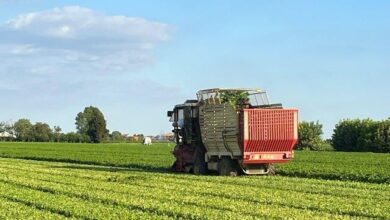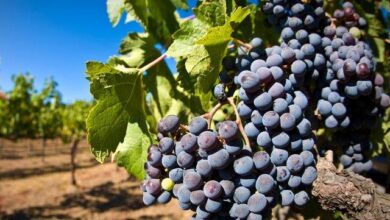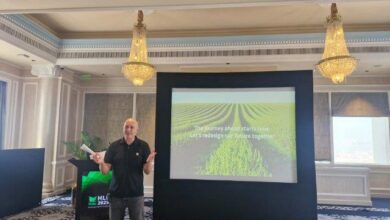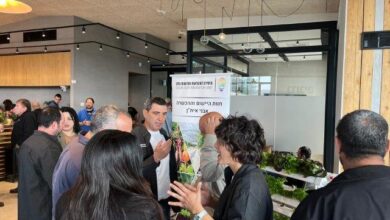Israel and Germany Collaborate in a Fish Farming Project
An Aquaculture Project along Lake Victoria Has Been Launched
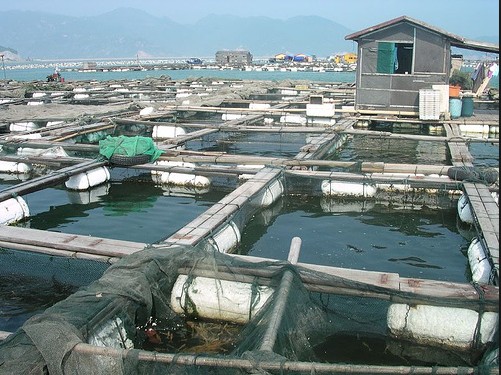
israel and germany invest 1.3 million euros in a fish farming project. this initiative’s goal is to encourage communities along lake victoria to rear fish in fishponds, in order to increase their fish stocks and decrease their reliance on the lake.
this is a two-year project, which has been launched on july 2014 and continues until december 2016. the agreement was signed by gil haskel, the outgoing israel ambassador, with andreas peschke, his germany counterpart and japhet ntiba, agriculture ps at villa rosa kempinski hotel in westlands, nairobi. it is expected that this deal will generate employment for the residents in this area, reduce poverty levels, and ensure food security.
not only will it support the local community nearby lake victoria, but it will also provide support extension services in the county governments siaya, kakamega, and ain bungoma.
this initiative requires training farmers and during his speech, mr haskel challenged the government to actually train 50,000 farmers in aquafarming during the coming two years.
some 8,000 fish farmers were trained during phase one – from june 2012 to june 2014.
the budgetary allocation for this phase was 2.3 million euros (sh253 million).
the three partners involved in the project are the ministry of foreign affairs (mashav), the ministry of agriculture, livestock and fisheries,
israeli’s agency for international development cooperation, and the german ministry of economic development and cooperation through its implementing agency giz.
every partner will be expected to leverage on its strength, according to the deal.
israel excels in technical know-how on tilapia farming and experience in capacity building, while germany’s comparative advantage lies in a long-lasting cooperation with target group and presence in the field. kenya has invested heavily in the aquaculture sector with 40,000 fishponds in the country.
mr haskel noted: “in israel, farmers are able to rear fish despite the prevailing conditions and even export them.”
on his part, mr peschke said the project is expected to improve aquaculture while protecting fish stocks in lake victoria which are decreasing due to the rising demand for fish countrywide.
despite the noticeable benefits for these communities, there had been some resistance to this project.
prof ntiba recalled that when the project begun in 2009, it faced a lot of resistance from the local community who claimed that lake victoria was “awash with fish stocks”.
“but it has since emerged that conventional fishing (from lake victoria) is facing challenges such as climate change and depletion of the fish stocks due to too many fishermen,” prof ntiba added.

